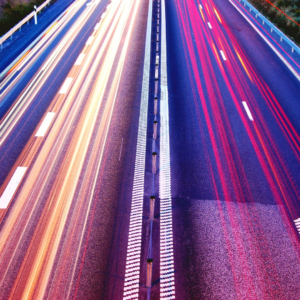
Earlier this year, during a chilly wolf moon night hike in our local woods, the only light our group used was the moon to guide us to our destination.
Surprisingly, our eyes adjusted to the moon-lit walk pretty quickly, but why did it feel like an eternity to get to our end point, while the return trip to the warm campfire went by in a flash?
Why does it often seem to take forever to get to our destination, no matter the circumstances? And why does the return seem to fly by?
Do our brains perceive time as slower when we are engaged in new or unfamiliar activities, focusing on every minute and every single step of the journey as we take in new information?
Yet, usually, the more present and engaged we are in our experiences, the more time flies.
Perhaps our return trip is faster because instead of experiencing the are-we-there-yets, we know where we are headed — and instead of thinking about the drive, we are thinking back on our day.
Or the speed with which time passes could be a combination of factors including our anticipation, our level of enjoyment, and the importance we place on the event or activity.
Ever wonder about those situations in your life which pass either too slowly or too fast?
Maybe if you knew there was a warm campfire and a tasty drink awaiting you at the end of your journey it would make sense.
